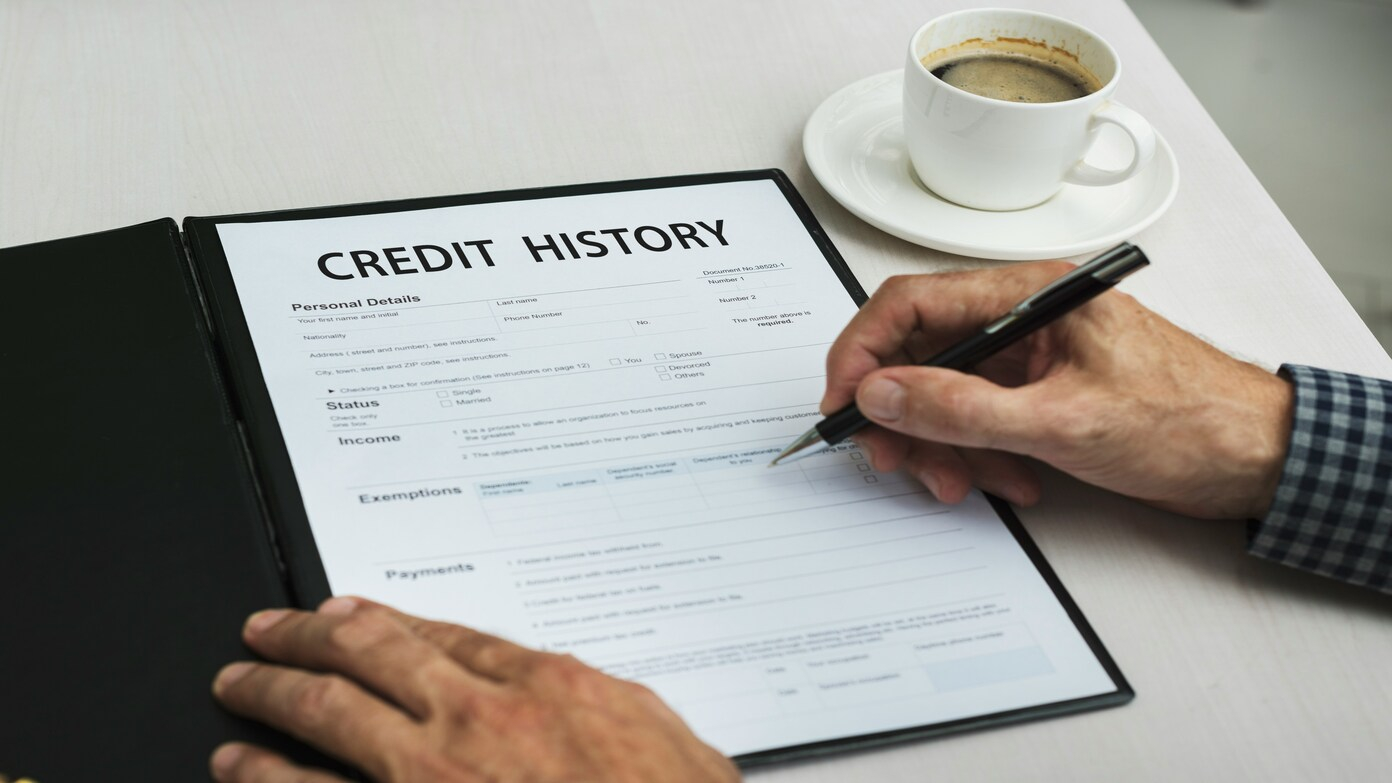How debts affect your credit report
Debt affects your credit report in several important ways:
- Payment history (35% of credit score): Payment within billing cycles makes the credit score better. However, a late or a missed payment will be reflected on your credit report, and the credit score is lowered. The greater the extent of delay in making a payment, the greater the negative effect.
- Amounts owed (30%): This is your credit utilization ratio—the amount of available credit you’re using. High balances in relation to your credit lines can be a sign of overuse of credit, which will damage your score.
- Credit history length (15%): The more years of good credit use, the better your credit score. Closing old accounts reduces the average age of accounts, which harms your score.
- New credit (10%): Frequent requests for new credit place you in several positions of hard inquiry, reducing your credit score and indicating instability in finances.
- Credit mix (10%): A combination of credit types (e.g., mortgage, installment loan, credit cards) can positively impact your credit score, demonstrating your capability to manage multiple sources of credit.
The consequences of late payments
Overdue payments will have a permanent record on your credit report. Typically, a late payment remains on your credit report for seven years from the missed payment date. The immediate effect is that your credit score will plummet, which can further decline with time if other late payments are not made. But the late payment history remains there, and this can influence future credit decisions.
Methods for eliminating late payments from your credit report
Late payments treatment includes pre-emptive measures and cure procedures:
- Protesting error late payments:
- Review your credit reports: Obtain and review your credit reports with the big three credit reporting bureaus—Equifax, Experian, and TransUnion—for errors periodically.
- File a dispute: If you receive an in error late payment, file a dispute with the credit reporting agency involved and provide documentation to substantiate the complaint.
- Requesting a goodwill adjustment:
- Write a goodwill letter: If you have always paid promptly and the late payment was an error, write a goodwill letter to your creditor. In the letter, describe how you were late paying, take full responsibility for the error, and request the bad mark removed from your credit report.
- Setting up automatic payments:
- Pay automatic: Avoid paying late again someday by setting up minimum automatic payment. This keeps your promises current, keeping your credit history in healthy shape.
- Debt settlement issues
- Understand the consequences: Paying off a debt for less than its face amount will be indicated on your credit report as “settled,” and that stays there for seven years. It will pay the debt, but it will hurt your credit score.
Preventative measures to keep your credit report in tip-top shape
In addition to paying existing overdue accounts, creating preventative habits can achieve long-term credit wellness:
- Establish a budget: Create an implementable budget to meet your expenses and ensure that all the bills are paid on time.
- Monitor your credit: Utilize free credit monitoring in order to track changes in your credit history and identify possible issues in a timely fashion.
- Negotiate with creditors: If you cannot pay bills, contact your creditors to discuss potential arrangements before you fall behind. Most creditors have hardship programs or alternative payment plans.
- Limit new credit applications: Obtain new credit applications only when necessary because each application is a hard inquiry and lowers your credit score slightly.
